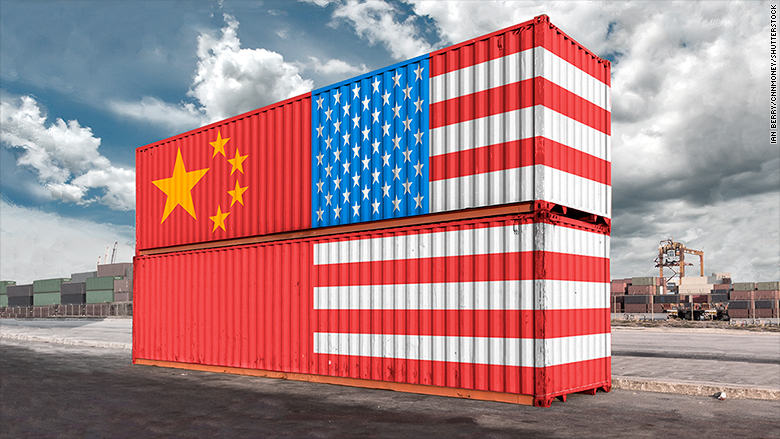
America Is Still Trying To Play China with the ‘Market Economy’ Card
The status of a “non-market economy country” is one of the few cards America could still play in trying to strategically block China, and it seems as if America will not let it go. Even when China has announced to the whole world that, while building a modern economic system, the market has a decisive purpose in resource allocation, America is determined not to let China gain international recognition as a “market economy country.”
In some ways, the status of a “market economy country” contains elements of strategic international competition. While the market economy is one of the most important systems designed by humans in history, the understanding of it is not set in stone. When China was not yet fully embedded in global trading in the 1980s and 1990s, America, Europe and Japan had fierce dumping and anti-dumping battles. The underlying cause was also a lack of agreement about each other’s market economy status.
All American political and business leaders understand that the reason China has made huge gains after joining the WTO was due to its following the basic rules of the market economy. However, China’s development has greatly exceeded its expectations: China has become the world’s biggest export country, it was the first country after America to reach a trading volume of $10 trillion, it is actively participating in reorganizing the world value chain and is involved in rebuilding the rules of global trading.
It was Britain’s Financial Times that really exposed the White House’s worries: America is concerned “Made in China 2025” will make China the global leader in some strategic industries, so it is continuing to block China using the “market economy status” card. But the world will not soon forget President Donald Trump’s “America First” flag, nor will the world forget these American ideas: “manufacturing reshoring,”** “plan to double exports” or the notorious “Super 301” ruling.*** These facts have shown how rules are only arbitrarily enforced by some countries when faced with the national interest.
The transformation and execution of the rules of a market economy are fundamentally dynamic, which is why, historically, American administrations have always amended their related domestic economy or foreign trade policies, and China has always built and perfected its market economy system as well. American politicians and business leaders with foresight can see that in the foreseeable future, America will not be able to find a trading partner that can replace Chinese products or the Chinese market. The complex and intimate trade connections between China and America are the cornerstones of the relationship between the two countries, so it is best that America remove the stumbling block of “market economy status,” and deepen the China-U.S. trade collaborations in a more pragmatic manner.
The author is the president of the College of International Finance & Commerce at Shanghai International Studies University
*Editor’s note: An anti-dumping duty is a protectionist tariff that a domestic government imposes on foreign imports that it believes are priced below fair market value. Dumping is a process where a company exports a product at a price lower than the price it normally charges on its own home market.
**Editor’s note: Reshoring is the practice of bringing manufacturing and services back to the U.S. from overseas.
***Editor’s note: Section 301 of the U.S. Trade Act of 1974 authorized the president to take unilateral action against any foreign government in violation of an international trade agreement, or whose practices or policies burden or restrict U.S. commerce. Around 2001, the use of Section 301 fell out of fashion because the structure of the WTO was recognized as more useful and lawful. In August 2017, the Trump administration invoked Section 301 to begin its investigation into China’s theft of intellectual property. China regards the use of the law as aggressive because it completely bypasses the authority of the WTO


